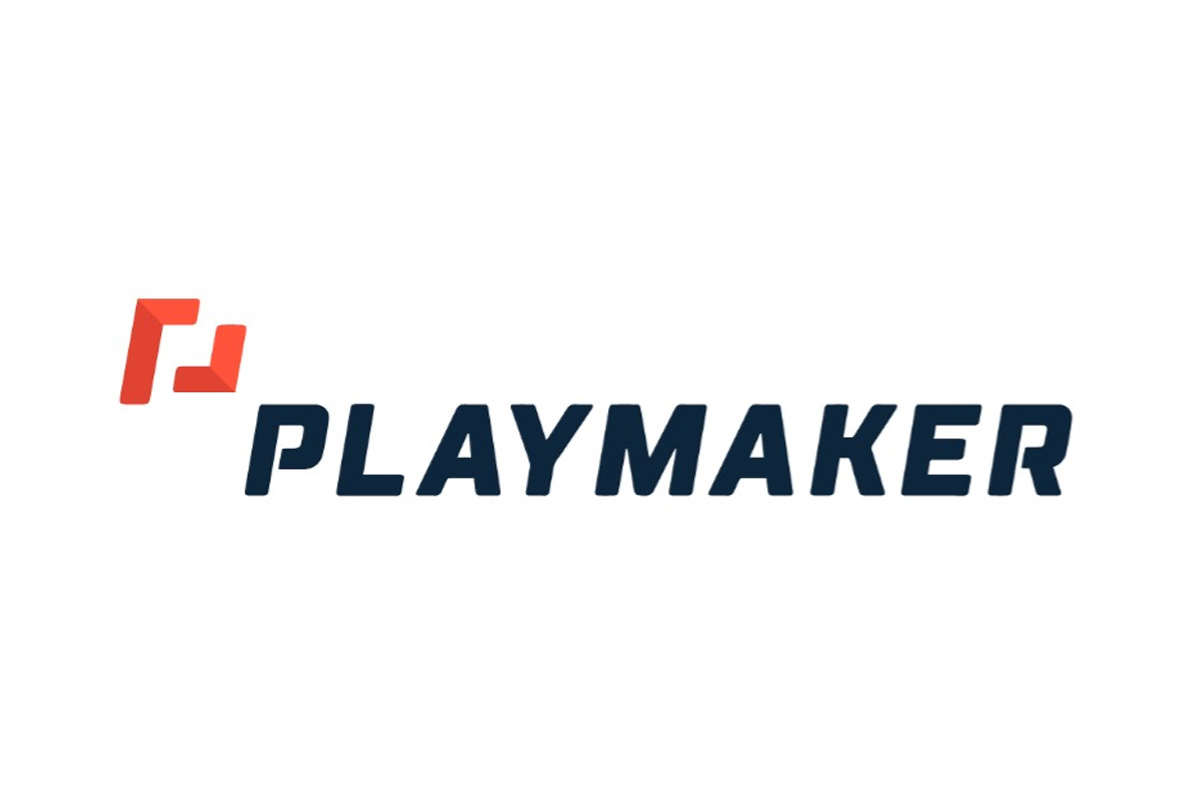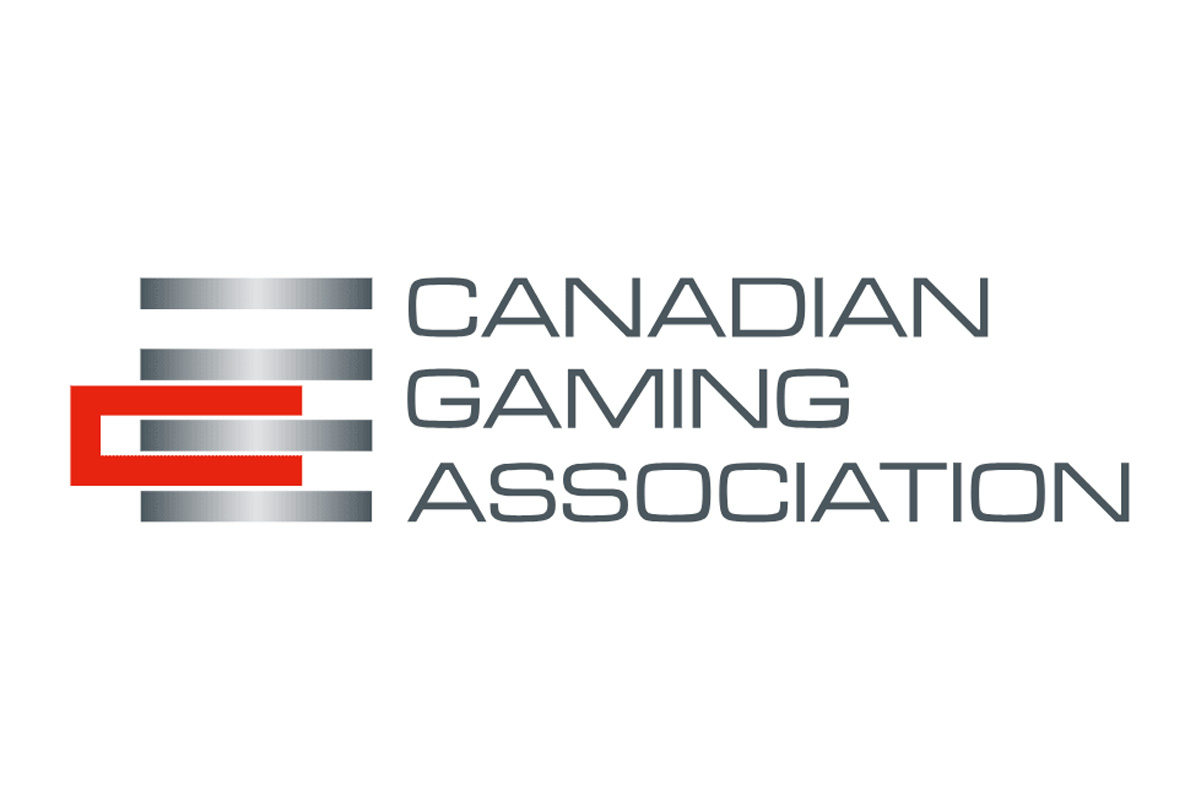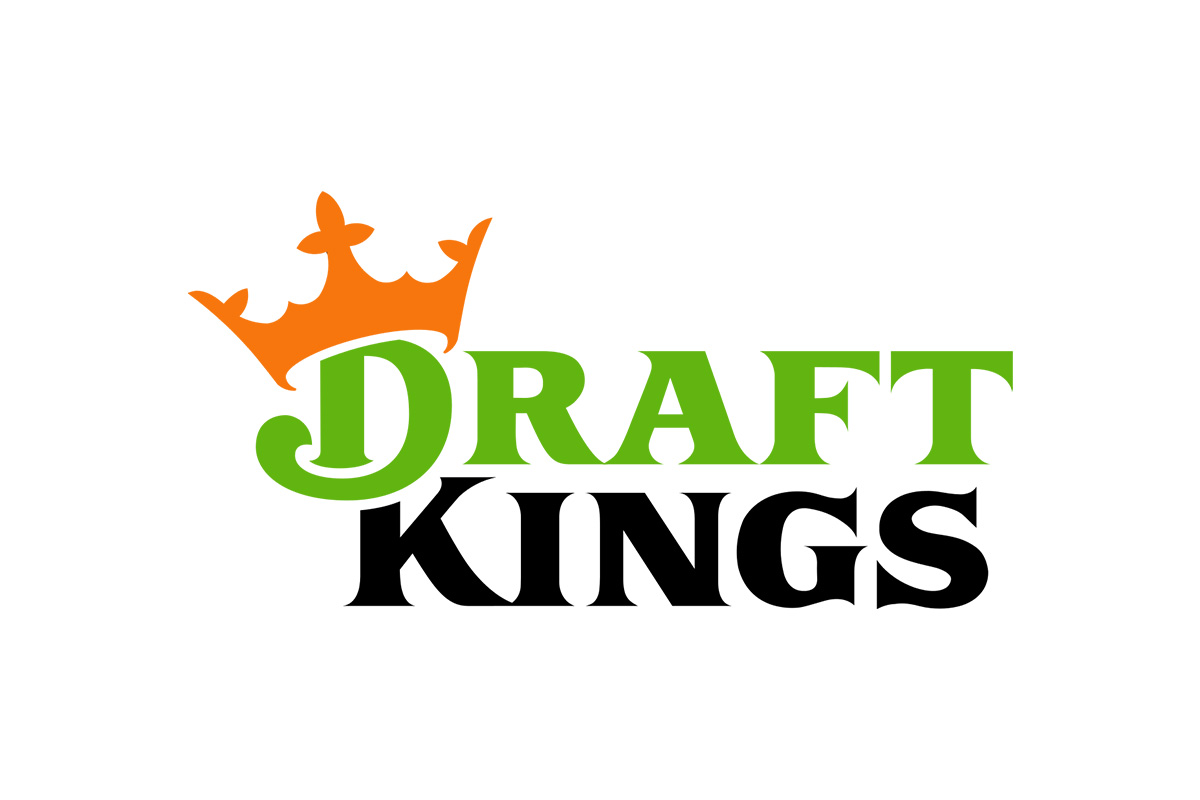
PLAYMAKER REPORTS THIRD QUARTER 2021 RESULTS HIGHLIGHTED BY STRONG ORGANIC GROWTH
Playmaker Capital Inc. (TSX-V: PMKR) (“Playmaker” or the “Company”), the Toronto-based digital sports media company, today reports its financial results for the third quarter ended September 30, 2021.
“We are excited to share our results from the third quarter and the continuation of the progress that we have made since our Q2 earnings release in August. In Q3 we have begun to see the results of the execution of our roll up strategy with the acquisitions of Yardbarker and Two-Up. We acquired two companies but at the same time focused on the organic growth of our existing portfolio of companies and on the realizable synergies between them. We are seeing strong momentum from all three levers of our growth engine – organic, acquisition, and synergies – and we will continue our efforts to maximize each one. We continue to build our pipeline, as evidenced by the recently announced acquisitions of VarksySports, SuperPoker and The Nation Network. The integration of these companies is well underway, and we are thrilled with the level of collaboration between our companies and the shared vision of building a market-leading sports media business.” said Jordan Gnat, Founder and CEO of Playmaker.
FINANCIAL HIGHLIGHTS (Figures in USD)
- Revenue – Revenue was $4.8 million in Q3 2021, compared to $nil in Q3 2020.
- Operating Income – Operating income was $1.0 million in Q3 2021, compared to $nil in Q3 2020.
- Pro Forma Revenue (including acquisitions through the end of Q3) – Including the results of Futbol Sites LLC (“Futbol Sites”), YB Media LLC (“Yardbarker”) and Two-Up Agency Ltd. (“Two-Up”) on a pro forma basis, revenue was $5.6M in Q3 2021, an increase of 109% from $2.7M in Q3 2020. For the nine months ended September 30, 2021, pro forma revenue was $13.8M, an increase of 130% from $6.0M in the prior year.
- Pro Forma Adjusted EBITDA (including acquisitions through the end of Q3) – Including the results of Futbol Sites, Yardbarker and Two-Up on a pro forma basis, adjusted EBITDA was $2.5M in Q3 2021, an increase of 153% from $1.0M in Q3 2020. For the nine months ended September 30, 2021, pro forma adjusted EBITDA was $5.3M, an increase of 294% from $1.3M in the prior year.
- Pro Forma Revenue (including all acquisitions to date) – Including the results of Futbol Sites, Yardbarker, Two-Up, The Nation Network (“TNN”) and Grupo SuperPoker (“SuperPoker”) on a pro forma basis, revenue was $6.3 million in Q3 2021, an increase of 104% from $3.1 million in Q3 2020. For the nine months ended September 30, 2021, pro forma revenue increased by 118% to $15.7 million from $7.2 million in the same period of 2020.
- Pro Forma Adjusted EBITDA (including all acquisitions to date) – Including the results of Futbol Sites, Yardbarker, Two-Up, TNN and SuperPoker on a pro forma basis, adjusted EBITDA was $2.6 million in Q3 2021, an increase of 125% from $1.2M in Q3 2020. For the nine months ended September 30, 2021, pro forma adjusted EBITDA increased to $5.8 million from $1.7 million in the same period of 2020, an increase of 251%.
- Trailing 12-Month Metrics – Including all acquisitions to date, for the 12 months ended September 30, 2021, pro forma revenue was $20.6 million, representing 85% organic growth over the previous 12-month period, and pro forma adjusted EBITDA was $8.2 million.
- Cash and Cash Equivalents – Cash and cash equivalents were $13.4 million as at September 30, 2021 compared to $6.6 million at December 31, 2020.
OPERATIONAL HIGHLIGHTS
- On July 26, 2021, the Company acquired Yardbarker, a premier U.S. sports and entertainment media company, and the Morning Bark, Yardbarker’s daily email newsletter.
- On August 31, 2021, the Company acquired Two-Up Agency, a leading provider of technical solutions to the online gaming industry’s strongest brands.
- On November 2, 2021, the Company significantly strengthened its presence in Canada by acquiring TNN and its wholly-owned subsidiary, Daily Faceoff (“DFO”). TNN is an Edmonton-based, hockey-first digital media group that attracts millions of sports fans annually to its network of fan community sites, podcasts, and rapidly growing hockey reference property, DFO.
- On November 3, 2021, Playmaker acquired leading Brazilian media company SuperPoker.
- On November 1, 2021, the Company announced that it had acquired the domain name, license rights and the rights to the social accounts @VarskySports on Twitter, Instagram, and Facebook, which have a cumulative global audience of more than two million followers. The purchase price consisted of closing cash payment of $175,000 and the issuance of $25,000 of Playmaker common shares on closing, priced at CAD$0.6819 per share.
- On a pro forma basis, Playmaker achieved record engagement metrics in the quarter across the Futbol Sites, Yardbarker and TNN owned and operated properties. Playmaker reaches more than 75 million unique users monthly and in Q3 2021, the user base generated more than 442 million sessions across its properties, representing a 70%+ increase over Q3 2020. Playmaker also reaches more than 365,000 users via the Morning Bark.
CONFERENCE CALL INFORMATION
The Company will host a management conference call to discuss its third quarter 2021 financial results on November 15, 2021, at 8:30 a.m. (Eastern Time). Hosting the call will be Jordan Gnat, Chief Executive Officer; Jake Cassaday, Chief Operating Officer; and Mike Cooke, Chief Financial Officer.
To participate in the Conference Call, please dial the following number(s) approximately five minutes prior to commencement and ask to join the Playmaker call:
Dial-In Number (Toll Free): 1-866-807-9684
Dial-In Number (International): 1-412-317-5415
A replay of the Conference Call will be available between November 15, 2021, and December 31, 2021, and can be accessed at playmaker.fans/investors.
A Q3 2021 Company Overview presentation can also be accessed at playmaker.fans/investors.
To sign up for Playmaker Investor Alerts, follow this link: PMKR Investor Alerts











